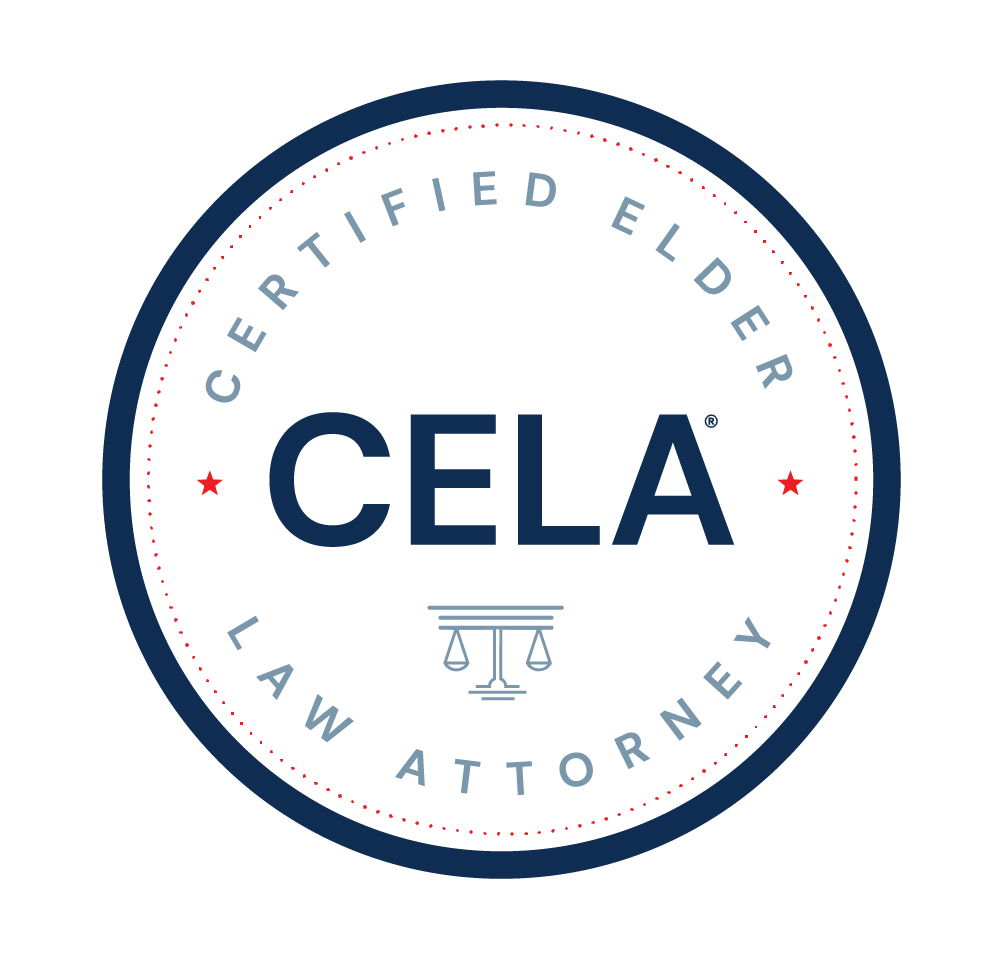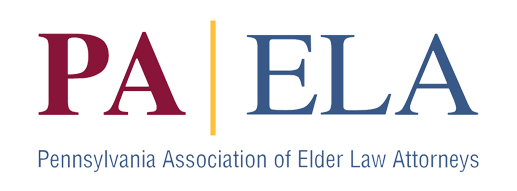What Is The Simplified Probate Procedure For Small Estates in Pennsylvania?
The process of administering an estate in Pennsylvania usually is not lengthy or costly. In some cases, however, avoiding the formal probate process may result in savings. There is a special process for small estates in Pennsylvania that facilitates the transfer of property left by a decedent without the need for formal probate. In order to use the procedure, the executor must make a request in writing with the Court, which may grant the executor the authority to transfer the assets without having to go through probate. The executor can use the simplified probate process in Pennsylvania if the value of the decedent’s personal property does not exceed $50,000. While there may be some savings in utilizing the small estate process, this process does not eliminate the requirement to pay any creditors and taxes that may be due. The estate will need to be distributed in accordance with the terms of the decedent’s will. If the decedent owned real property at the time of his or her death, formal probate will be required to distribute the property regardless of its value.
Additionally, under Pennsylvania law financial institutions can release a maximum of $10,000 to surviving family members without the approval of the probate court provided the funeral expenses have been paid. Like the small estate process, this procedure does not eliminate the need to pay any creditors and taxes that may be due. In addition, employers can pay a maximum of $5,000 to the surviving spouse, surviving children, or distant relatives without authorization of the probate court.
Other FAQs:
- Does Probate Administer All of The Decedent’s Property?
- How Can I Minimize The Taxes For My Estate?
- How Does A Living Trust Apply in Pennsylvania?
- How Does the Medicaid Look-Back Period Work?
- How Should I Plan For My Minor Children?
- Should You Discuss Your Estate Plans With Your Adult Children?
- What Are the Most Common Estate Planning Mistakes?
- What Is A Special Needs Trust?
- What Is A Spendthrift Trust?
- What Is A Will Contest?
- What Is Probate in Pennsylvania?
- What Is The Difference Between Medicare and Medicaid?
- What Is The Purpose of a Special Needs Trust?
- What Is The Simplified Probate Procedure For Small Estates in Pennsylvania?
- What Seniors Need to Know About Strategic Gifting
- What Taxes Will Apply to My Estate After My Death?









